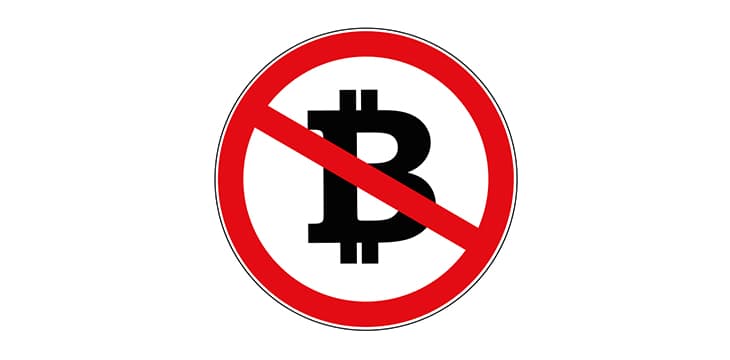|
Getting your Trinity Audio player ready...
|
All across the world, regulators have been cracking down on digital currencies and setting rules for issuing, offering, or investing in them.
This week, South Africa became the latest country to propose new rules governing the buying and selling of digital assets. The proposed legislation would ban pension funds from investing in digital currencies like BTC and Ethereum.
What does the new legislation propose?
It’s important to note that the new regulations are only in draft form and have yet to be passed into law at this stage. The new rules would outright ban pension funds from buying and holding digital currencies and other tokenized assets, defined in the regulations as crypto-assets.
The term crypto-assets is understood to include digital currencies, stablecoins like Tether, and tokenized versions of conventional assets.
“[C]rypto-asset’ means a digital representation of value that is not issued by a central bank, but is capable of being traded, transferred or stored electronically by natural and legal persons for the purpose of payment, investment and other forms of utility; applies cryptographic techniques and uses distributed ledger technology,” according to the South African government.
However, some onlookers have already raised concerns that the regulations as written may also ban pensions from investing in tokenized stocks and bonds offered on blockchains. Such offerings were already seen within the DeFi ecosystem in recent years, although there are questions about the legality of such offerings in many jurisdictions.
South Africa has requested comments on the proposed regulations. No doubt, this draft will go through several revisions before becoming law.
The crackdown continues all across the globe
CoinGeek has recently been reporting on crackdowns all across the world. From the SEC vowing to end the Wild West era that has characterized the industry until now to the European Union bringing in new rules to KYC check transactions and hold companies operating within the space accountable, it’s clear that change is in the air.
While South Africa has only proposed that pension funds, which are conservative by nature, be banned from investing in digital currency assets, other countries like China have gone further with total bans across the board. With several other countries either weighing up bans or considering severe restrictions on investing in digital assets, it’s unclear how the “number go up forever” narrative will play out for much longer.
Why are countries cracking down on digital assets? Is it just an attempt by governments and banks to regain control of the monetary system? That’s the narrative that many beneficiaries of digital asset price increases, the so-called whales, promote. However, the real reason is the mass fraud, deception, and criminal activity that permeates the industry.
With top digital currency exchanges like Binance accused of manipulating markets, executives from the largest stablecoin issuer (Tether) under investigation in the U.S. for bank fraud, and lots of other criminal activity as covered in CoinGeek’s Crypto Crime Cartel series, it’s little wonder that governments and regulators across the world are viewing the entire industry with increased skepticism. In light of all this, South Africa isn’t the first and it won’t be the last country to either restrict or ban digital currency assets as a form of investment.
Watch: CoinGeek New York presentation, The Path to BitCoin Adoption: How to Turn the Entire Web into Bitcoin Apps

 03-03-2026
03-03-2026 




